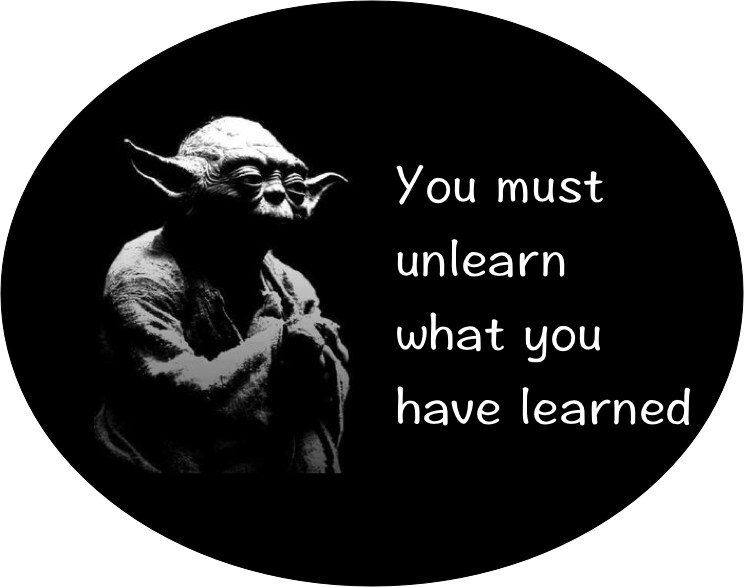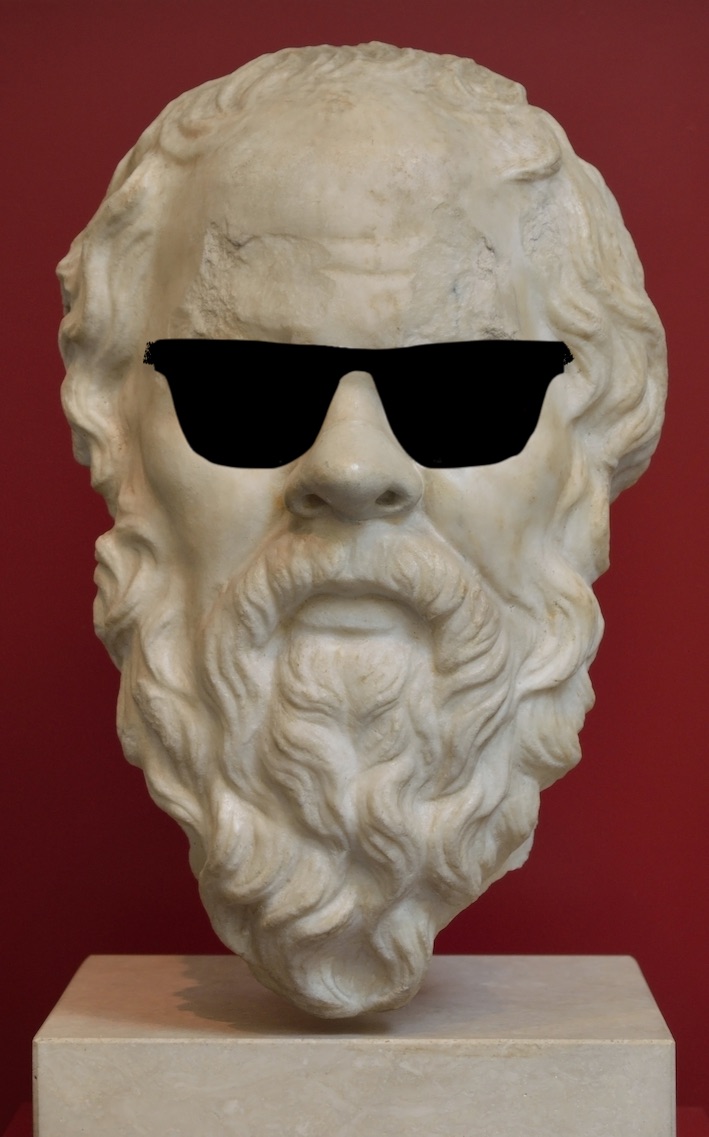
On Critical Thinking

"Critical
thinking is the analysis of facts to form a judgment.
The subject is complex, and several different definitions exist, which
generally include the rational, skeptical, unbiased analysis, or
evaluation of factual evidence. Critical thinking is self-directed,
self-disciplined, self-monitored, and self-corrective thinking. It
presupposes assent to rigorous standards of excellence and mindful
command of their use. It entails effective communication and
problem-solving abilities as well as a commitment to overcome native
egocentrism and sociocentrism." - Critical thinking.
"Critical thinking was described by Richard W. Paul as a movement in two waves (1994).[2] The "first wave" of critical thinking is often referred to as a 'critical analysis' that is clear, rational thinking involving critique. Its details vary amongst those who define it. According to Barry K. Beyer (1995), critical thinking means making clear, reasoned judgments. During the process of critical thinking, ideas should be reasoned, well thought out, and judged.[3] The U.S. National Council for Excellence in Critical Thinking[4] defines critical thinking as the "intellectually disciplined process of actively and skillfully conceptualizing, applying, analyzing, synthesizing, or evaluating information gathered from, or generated by, observation, experience, reflection, reasoning, or communication, as a guide to belief and action."[5]"

Argument terminology
used in logic
Links
bibliography
その他の情報

